How significant is the North Korea germ warfare threat?
Experts believe Kim Jong Un’s chemical weapons could pose more of a risk than his nuclear arsenal
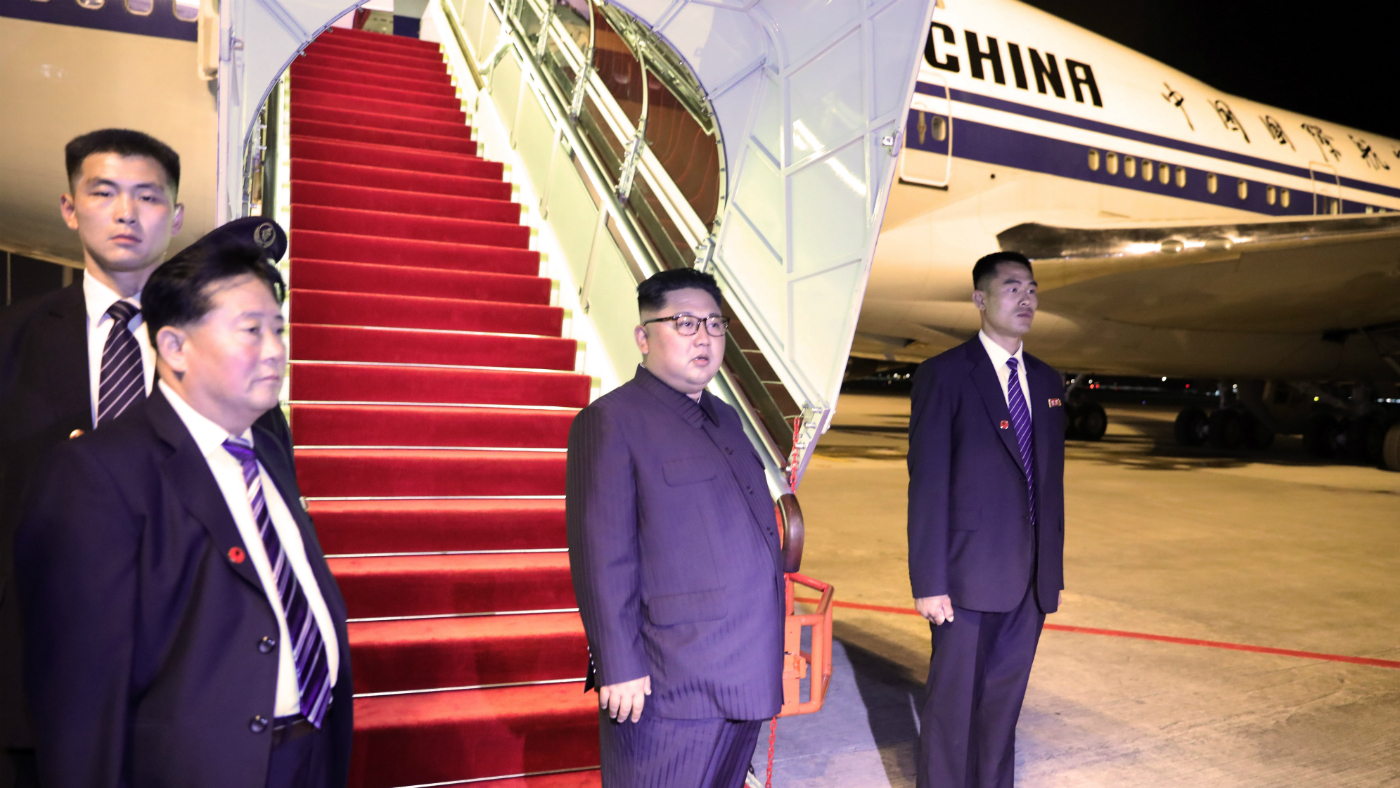
A free daily email with the biggest news stories of the day – and the best features from TheWeek.com
You are now subscribed
Your newsletter sign-up was successful
North Korea’s biological warfare capabilities pose a more serious military threat than its nuclear programme, according to defence analysts in Washington and Seoul.
A study conducted by California’s Middlebury Institute of International Studies in December concluded that North Korea “is accessing the work of foreign researchers to develop its existing biotechnology skills and construct the equipment to produce more biological weapons”, The New York Times reports.
The analysis suggests that at least 100 research papers jointly published by North Korean and foreign scientists “have implications for military purposes, such as developing weapons of mass destruction”.
The Week
Escape your echo chamber. Get the facts behind the news, plus analysis from multiple perspectives.

Sign up for The Week's Free Newsletters
From our morning news briefing to a weekly Good News Newsletter, get the best of The Week delivered directly to your inbox.
From our morning news briefing to a weekly Good News Newsletter, get the best of The Week delivered directly to your inbox.
“We are definitely underinvested in countering North Korea’s chemical and biological threats,” Andrew Weber, a former head of the Pentagon’s chemical-biological defence programmes, told the newspaper. US capabilities are improving, but “we are playing catch-up, especially on the biological side”, he added.
The potential for attack with viruses and bacteria “underlines the complexity of disarming the North Korean regime as President Trump gears up for a second summit with Kim Jong Un”, says London’s The Times.
What is in North Korea’s arsenal?
The North’s “great secrecy makes it hard to assess the threat and the country’s degree of sophistication”, says The New York Times. Today, it “might well have no bioweapons at all - just research, prototypes, human testing, and the ability to rush into industrial production”, the paper adds.
A free daily email with the biggest news stories of the day – and the best features from TheWeek.com
However, Pyongyang is believed to possess at least 13 different biological warfare agents that could potentially be weaponised, including anthrax, smallpox, botulism, cholera, hemorrhagic fever, plague, typhoid and yellow fever, US officials told Capitol Hill news site Roll Call last June.
If Kim “were to unleash his suspected stockpile of smallpox, to name just one biological agent believed to be in his possession, it could bring back to the world perhaps the deadliest scourge in human history”, according to the Washington DC-based news site.
In its latest assessment of Pyongyang’s military capabilities, the South Korean Ministry of National Defence stated that the North “is believed to have produced and stockpiled as much as 5,000 tonnes of chemical weapons and has the ability to produce a further 2,000 tonnes a year”, reports The Daily Telegraph.
How likely is a biological weapons attack?
Analysts claim the threat of a “devastating germ counterattack” is designed to “deter the North’s enemies, although biological agents can also be used as offensive weapons”, says the Telegraph.
“North Korea is far more likely to use biological weapons than nuclear ones. The programme is advanced, underestimated and highly lethal,” Weber told The New York Times.
The reasons are manifold. The North Korean military “views chem-bio agents as regular weapons of war, not as arms that are beyond the pale”, Roll Call says.
In addition, the North Koreans may believe that the US “would see a biological as less severe than a nuclear one and therefore less likely to trigger an all-out US military response”, the site adds.
-
 Corruption: The spy sheikh and the president
Corruption: The spy sheikh and the presidentFeature Trump is at the center of another scandal
-
 Putin’s shadow war
Putin’s shadow warFeature The Kremlin is waging a campaign of sabotage and subversion against Ukraine’s allies in the West
-
 Media: Why did Bezos gut ‘The Washington Post’?
Media: Why did Bezos gut ‘The Washington Post’?Feature Possibilities include to curry favor with Trump or to try to end financial losses
-
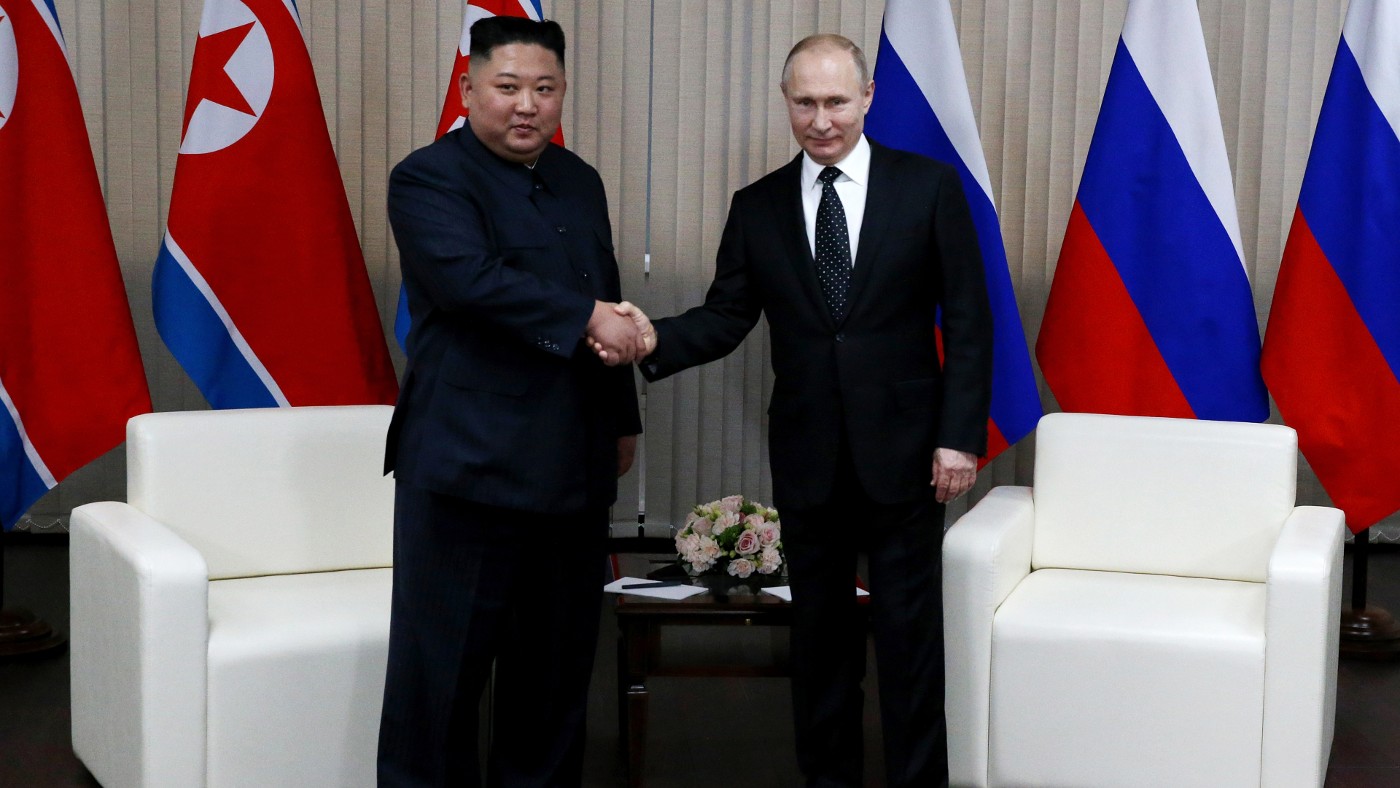 Would North Korean weapons tilt the war Russia’s way?
Would North Korean weapons tilt the war Russia’s way?Today's Big Question Putin wants to boost ‘depleted stocks’ but Pyongyang’s arms may be in poor condition
-
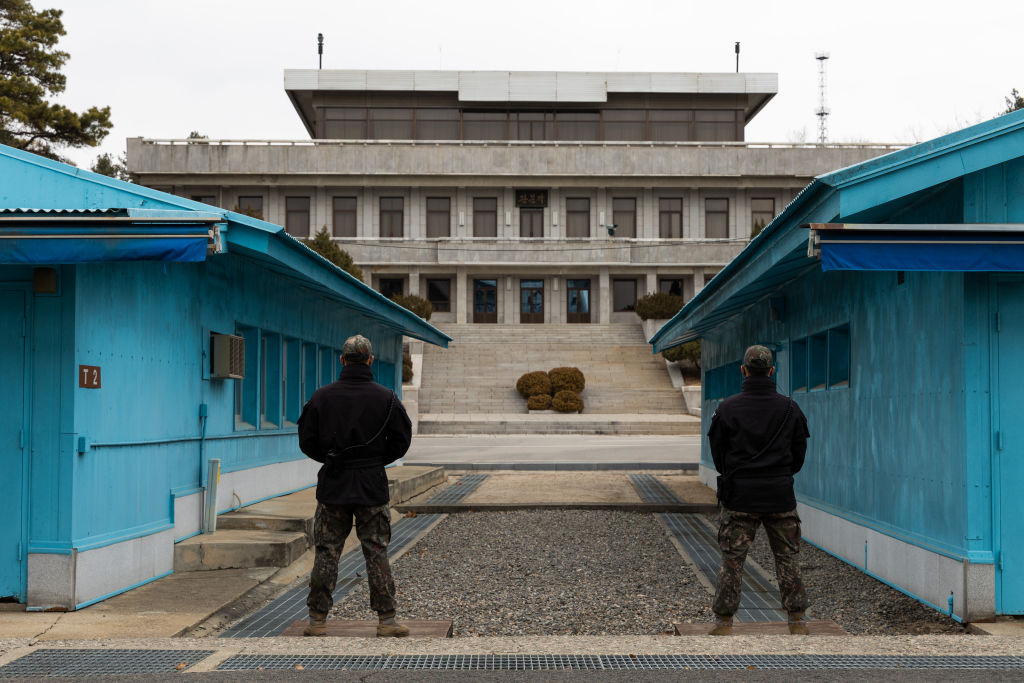 US soldier detained by North Korea after crossing border
US soldier detained by North Korea after crossing borderSpeed Read
-
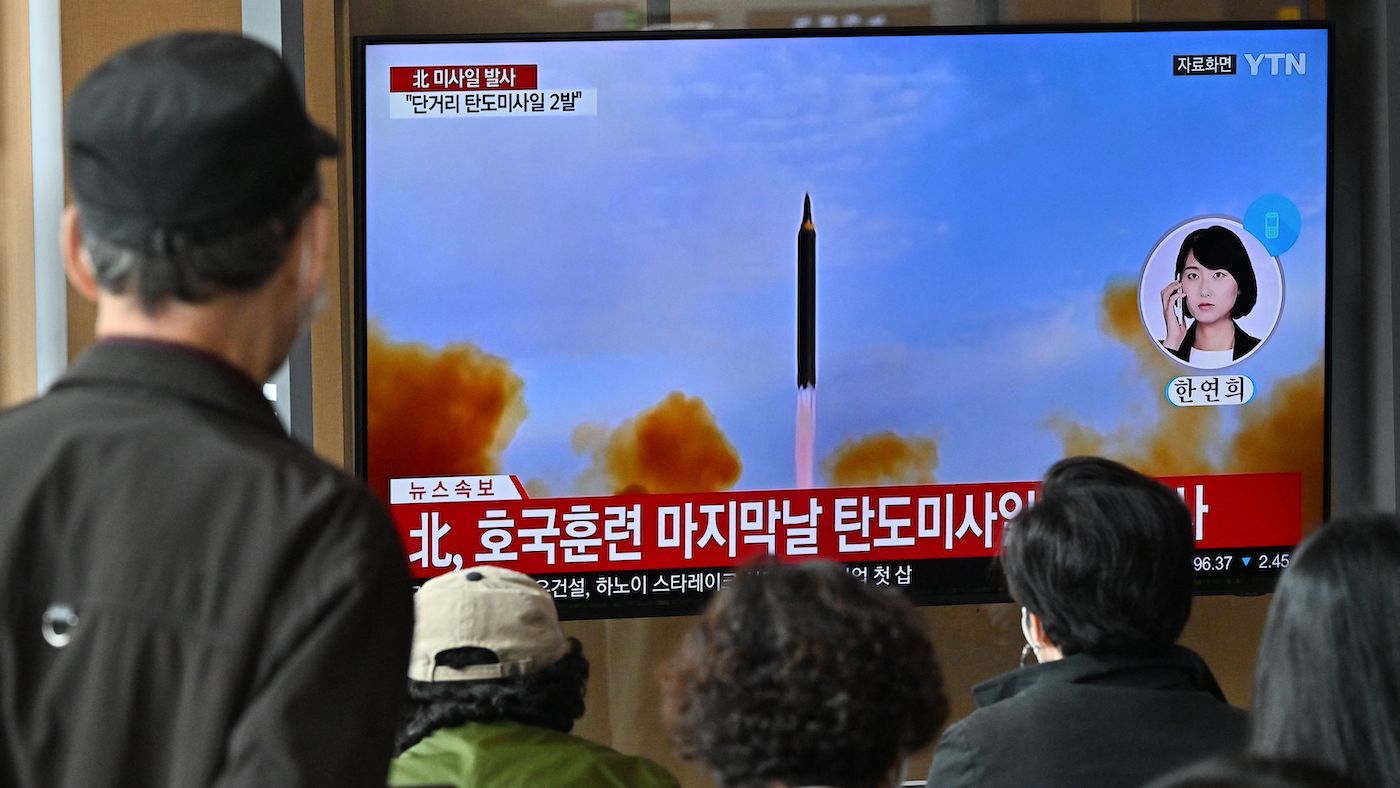 North Korea launches 1,000km missile towards Japan after threatening US
North Korea launches 1,000km missile towards Japan after threatening USSpeed Read Pyongyang warned Washington of ‘shocking’ repercussions over alleged spy planes
-
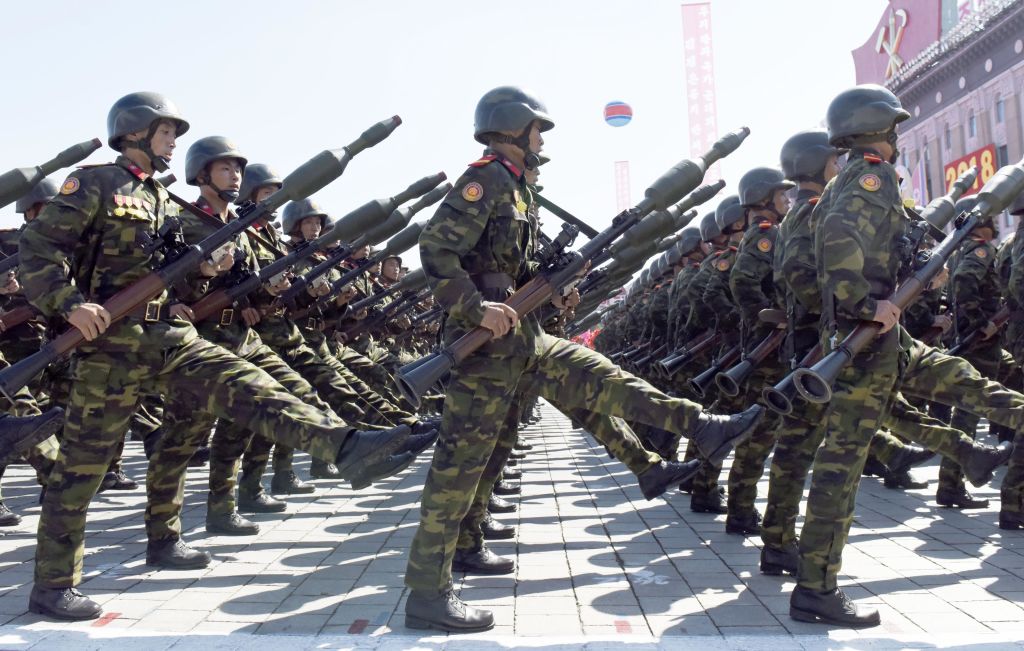 North Korea claims 800,000 people volunteered to fight against the U.S.
North Korea claims 800,000 people volunteered to fight against the U.S.Speed Read
-
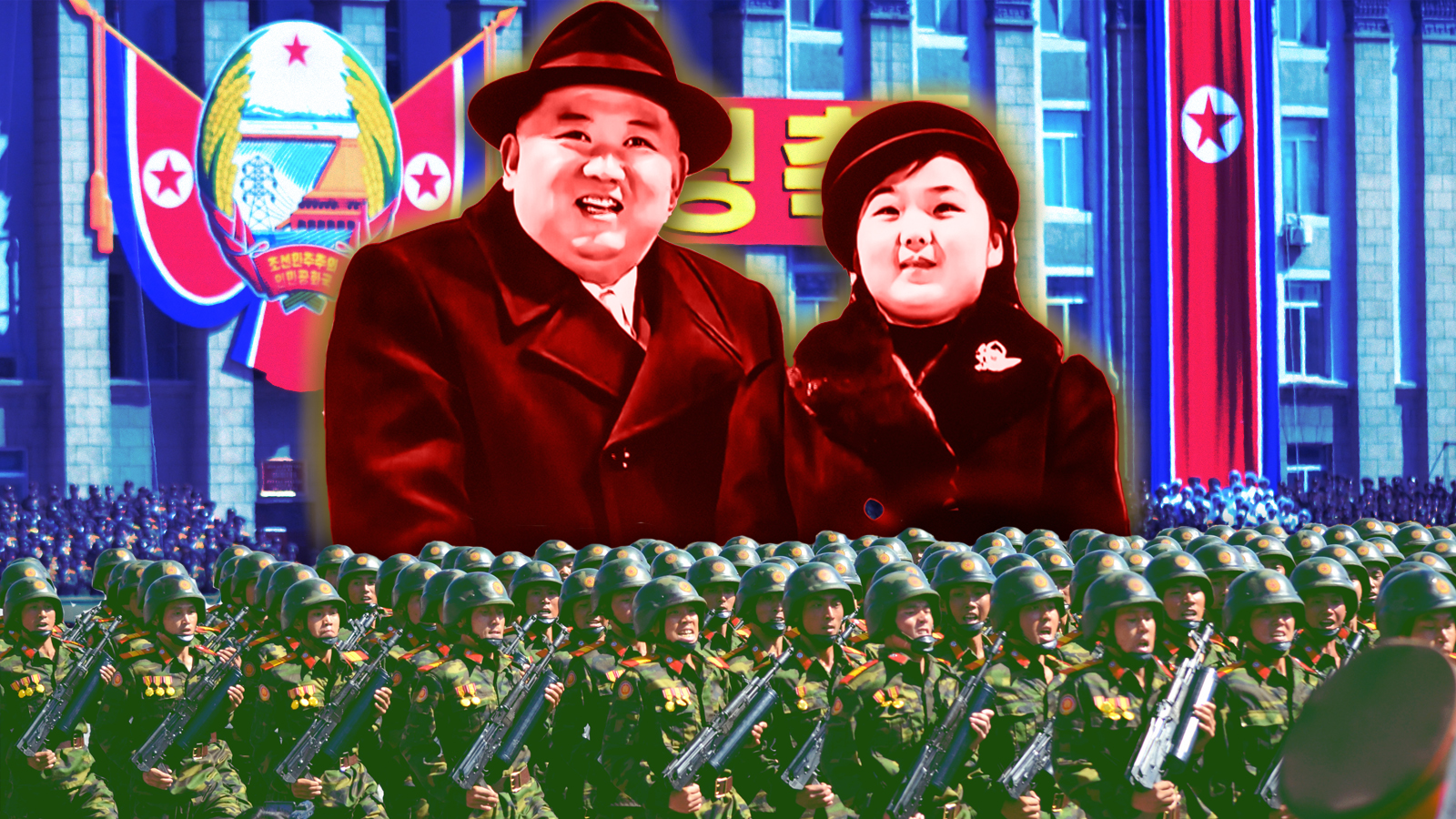 The next Kim Jong Un
The next Kim Jong UnSpeed Read Is his daughter's turn in the public eye any indication of the leader's succession plans?
-
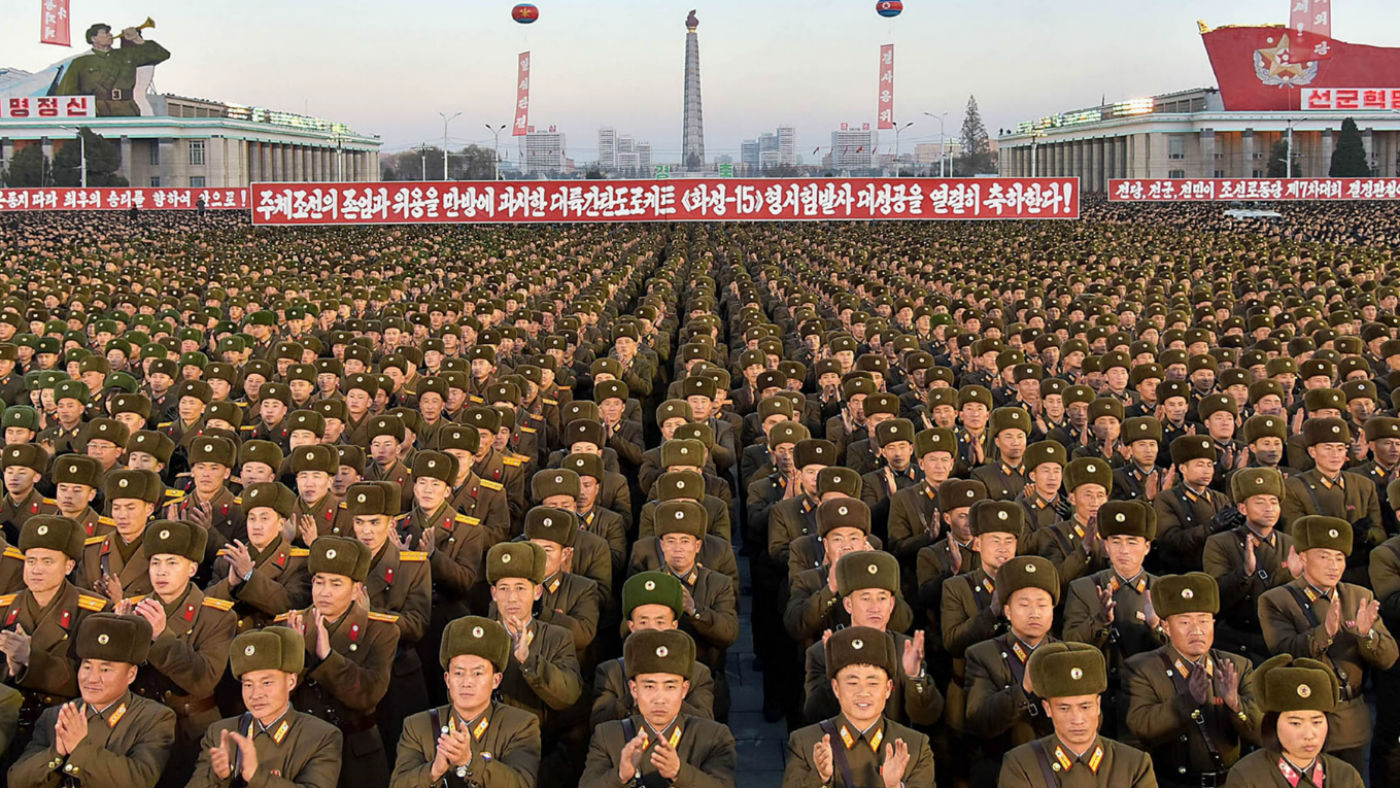 The Week Unwrapped: Korean succession, terror by algorithm and German disquiet
The Week Unwrapped: Korean succession, terror by algorithm and German disquietpodcast Could a 10-year-old girl rule North Korea? Will an Isis victim upend web law? And why is Germany upset with its Oscars contender?
-
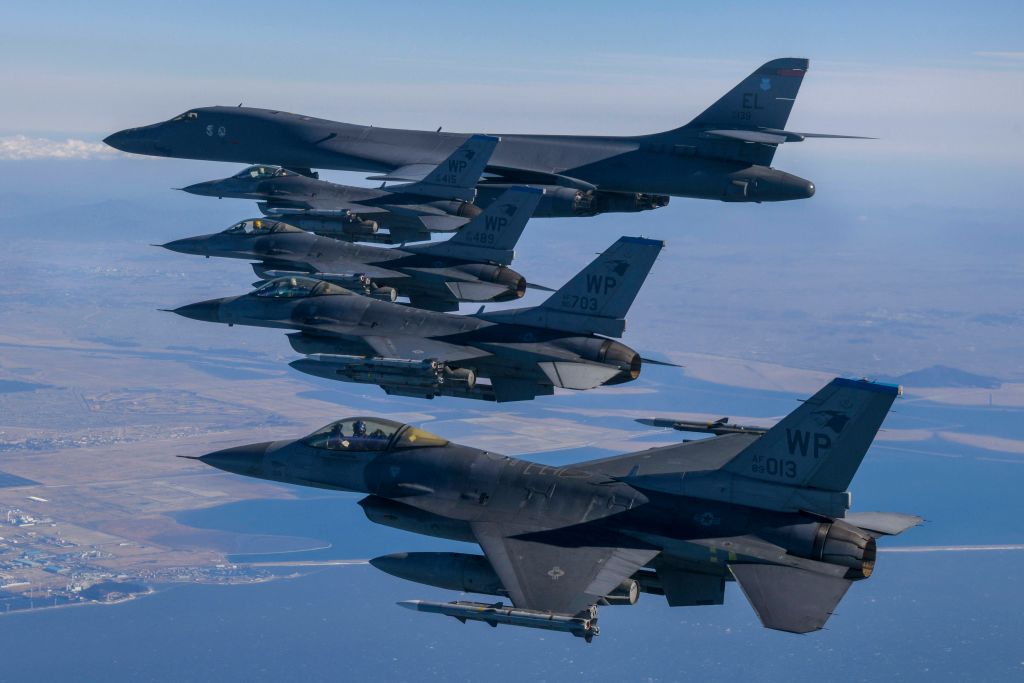 U.S. holds air exercises with Asian nations following North Korean missile test
U.S. holds air exercises with Asian nations following North Korean missile testSpeed Read
-
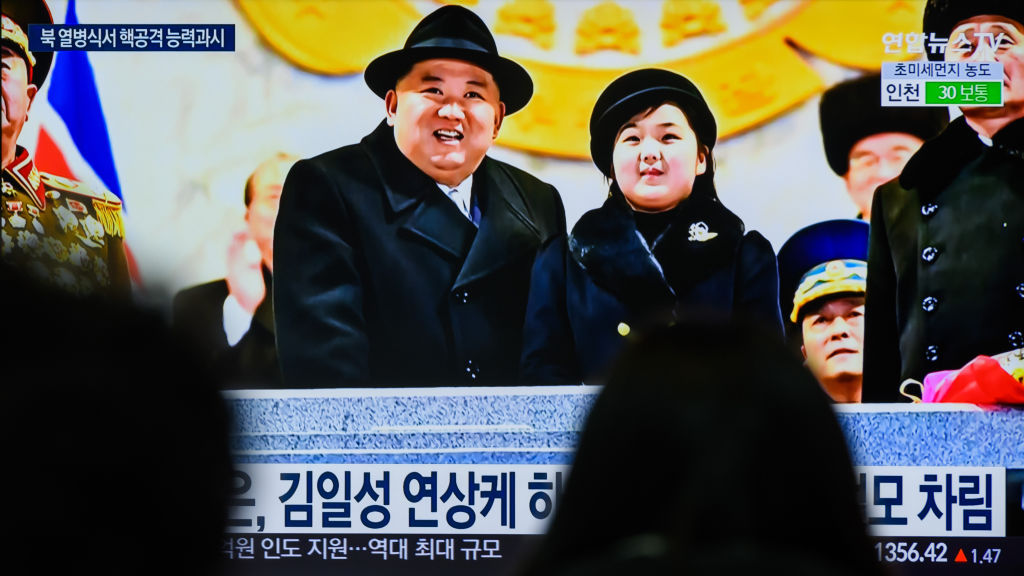 Kim Jong Un reportedly wants his daughter to be the only person in North Korea named 'Ju Ae'
Kim Jong Un reportedly wants his daughter to be the only person in North Korea named 'Ju Ae'Speed Read